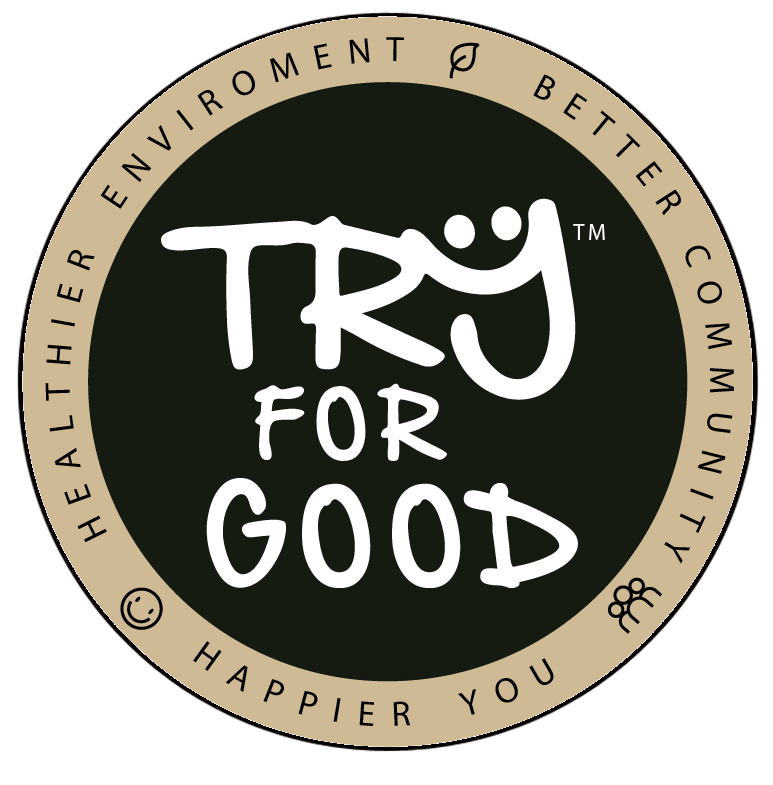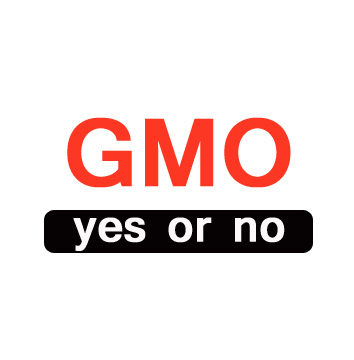Genetic engineering has been used in the agriculture sector since the 1980s. The technology is seen as a powerful tool for intensifying crops productivity, meet the rising food demands, save lands, eliminate the dependency on fertilizers, pesticides etc. Yet GMO controversy continues for its effects on human health and environment safety.
GMO is an efficient way to feed the world population as the global food production will be doubled by 2050. It is also helpful in producing food during any natural calamities like droughts, floods or other climatic stress. Genetic engineering reduces the usage of chemical pesticides by 37% providing ease of cultivation and reaping profits to the farmers.
However, GMO has become a controversial issue in many countries, primarily because of its unnatural method of producing crops and limited findings on its side effects. An unnatural modification has raised questions on human health and disturbing the ecological balance. There is a soaring worldwide debate over GMO procedure which is the under the four walled laboratories, marketed by profitable companies and consumers are at the risk. GMO labeling has been demanded across several countries as an essential to sell food. Rising food allergies in children is a concern, which gets aggravated by the facts that the crops that don’t need pesticides have found to contain some new proteins that may be toxic to cause illness and diseases. The opponents consider GMO practice ass unsustainable for the environment, biodiversity and our ecosystem.
About 38 countries across the world including the majority of European countries have completely banned GMO, while other demand GMO labeling. Some other places with bans on the rise are United States- some of the California counties, South Australia, Japan and Thailand
GMO Banned Countries
EUROPE
Azerbaijan, Austria, Bosnia and Herzegovina, Bulgaria, Croatia, Cyprus, Denmark, France, Germany, Greece, Hungary, Italy, Latvia, Lithuania, Luxembourg, Malta, Moldova, the Netherlands, Northern Ireland, Norway, Poland, Russia, Scotland, Serbia, Slovenia, Switzerland, Ukraine, and Wales.
SOUTH AMERICA
Belize, Ecuador, Peru, and Venezuela.
ASIA
Bhutan, Kyrgyzstan, Saudi Arabia, and Turkey.
AFRICAS
Algeria and Madagascar.
Source: http://naturalrevolution.org/list-countries-banned-genetically-modified-food/

